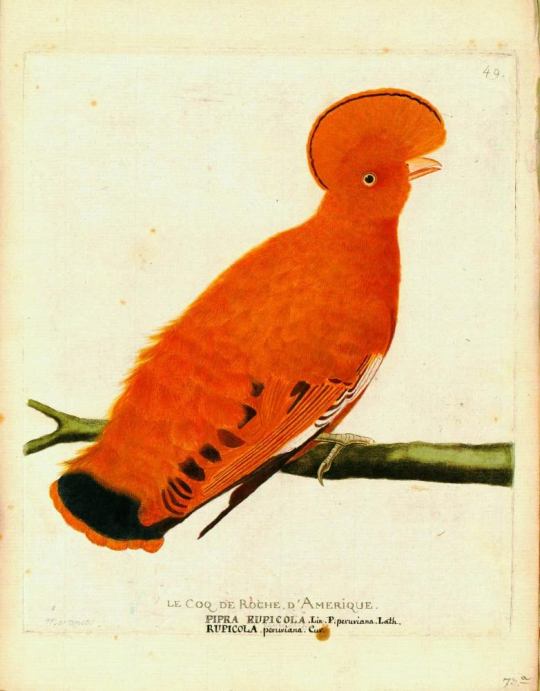
An Interview with Nell Zink
Nell Zink is irrefutably smart and sharp. Her first book, The Wallcreeper, became prominently known through the praise and guidance of acclaimed fictioneer Jonathan Franzen. Soon Zink’s debut was receiving accolades from The New York Times Book Review and appearing on numerous best-of lists for the year.
Mislaid, her second novel, was published by Ecco this May. In it Zink tackles race, sexuality, and class issues through the story of Peggy Vailliancourt, a woman who, upon leaving her husband, starts a new life for herself and her (very white) daughter by stealing the identities of a black woman and child in Virginia during the 1960’s. Peggy turns out to be a lesbian; her husband turns out to be gay. Everyone turns out to be miserable. Zink’s characters are moving parts in a satire that—to paraphrase Kathryn Schulz in The New Yorker—makes the term irreverent sound tame and innocuous.
What pulled me towards Mislaid was the unusual narrative of her characters’ respective sexual orientations, particularly during this not-so-distant past. I spoke with Zink about this and other issues in February at a friend’s home in East Williamsburg, where we sat on the floor instead of in chairs.
—Amy Feltman
I. THE ENDLESS MASS OF BOOKS
THE BELIEVER: Where did the inspiration for this project originate?
NELL ZINK: Mislaid was very directly the result of having another novel rejected by Akashic Books. Johnny Temple, who runs it, didn’t like my first novel, Sailing Towards the Sunset by Avner Schats. And it was very clear to me that he wasn’t going to like it, and it wasn’t my idea to submit to him, so after I looked at what Akashic did, I noticed what seemed to be rather exploitative gender and racial material on their list. And I thought, well, I’m going to show that guy. I originally had the idea almost out of spite; to prove that I could push people’s race and gender buttons in a way they weren’t used to having them pushed.
And I wanted to create a manuscript that would be easier to sell. I wasn’t trying to be a commercial sell out. I was just trying to make life a little easier for the people who were trying to help me. You know, people wanted to get me published, and my early work was so weird that they weren’t getting anywhere. I thought, okay, I’ll do something that’s just a tad more normal.
BLVR: When you say your early work was “so weird,” what does that mean? What sort of themes were you grappling with, then?
NZ: Well, my first novel, ...
You have reached your article limit
Sign up for a digital subscription and continue reading all new issues, plus our entire archives, for just $1.50/month.
Already a subscriber? Sign in




